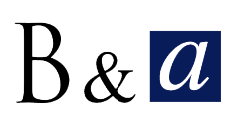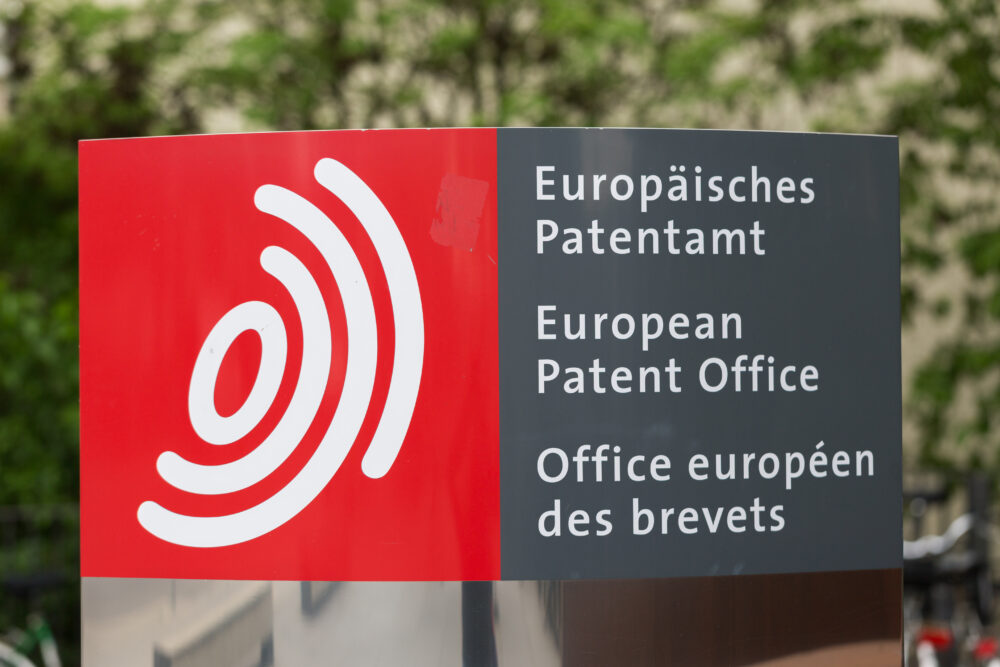The so-called “PACTE” bill, published in May 2019, brings substantial changes to the IP landscape in France.
In-depth examination of French patent applications
Until now, the French Patent Office (INPI) could not refuse a patent unless it lacked novelty.
Examination of French patent applications filed on or after May 22, 2020, will now include a substantive assessment of inventive step.
While getting a patent granted may become tougher, the risk of a patent being revoked before Courts should hopefully be reduced.
Yet the quality of examination will most likely depend upon the financial resources which will be allocated to the INPI for the hiring and adequate training of Examiners.
Opposition proceedings
Opposition proceedings are in the pipeline, with the aim to further strengthen the validity of French patents and improve legal certainty.
This will open the possibility to request revocation of a patent, in a cost-effective manner, directly before the INPI – when Courts only can currently hear invalidity requests.
The exact mechanisms (time limits, fees, appeal, etc) and date of implementation remain to be set.
A more appealing utility certificate
The utility certificate provides an interesting alternative to patent for the purpose of protecting inventions having a rather short life cycle on the market. It is granted after an easy and inexpensive procedure (as it is not subject to any examination) and provides a 6 year protection.
Article 118 of the PACTE bill thoroughly amends the utility certificate:
- its term is extended to 10 years, and
- a utility certificate can be converted into a patent (thus offering a 20 year protection).
These provisions will come into force on May 31, 2020 at the latest.
This flexibility will bring another tool for innovative companies that may adjust their IP strategy accordingly.
The utility certificate should prove to be all the more attractive than the requirements for obtaining a patent are being concurrently tightened (see above). Poorly inventive innovations could still be protected against infringements.
We can expect utility certificates to become as popular in France as they already are in Germany or China, where they also provide a duration of 10 years.
Time limitations for infringement and nullity actions
Infringement actions are currently barred 5 years, starting “from the acts concerned”. The “PACTE” bill amends the statute so that it now reads “from the day when the patent owner knew or ought to have known the last fact allowing him to proceed”. This will likely cause much debate before the Courts.
On the other hand, the “PACTE” at least clarifies one question about nullity actions that had long been unsolved1: Nullity actions are not limited.
This new bill will dramatically impact the practice and IP strategy for protecting innovations in France. The toolbox for innovative companies has expanded: on a case-by-case basis, they can now select among a French patent granted by the French patent office, a European patent validated in France, and/or a utility certificate.
1 See our newsletter of April, 2017, by Emmanuelle Renard, Becker & associés “Requesting nullity of a patent in France: beware of time limitations”
Emmanuelle RENARD et Emmanuelle GROT




